
11 Signs Your Body Is Giving You Important Alerts
Your body has a way of sending out warning signals when something isn’t quite right. Unfortunately, many of us ignore these subtle cues until the problem becomes severe. Paying attention to these signs could help detect potential health issues early, allowing you to take action before they worsen. Here are 11 crucial signs your body might be trying to alert you about a bigger issue.
1. Persistent Dandruff and Hair Loss
Dandruff is a common scalp issue, but when it’s paired with noticeable hair loss, it could indicate a deficiency in essential vitamins and minerals. Low levels of zinc, iron, and B vitamins (B2, B3, B6, and B7) can weaken hair follicles and cause excessive shedding. If your scalp feels flaky and your hair is thinning rapidly, it might be time to assess your diet or consult a healthcare provider.
2. Wrinkled Hands and Fingers (Without Water Exposure)
It’s normal for our skin to wrinkle with age or after prolonged exposure to water, but if your fingers appear pruney without being submerged, it could be a sign of dehydration, poor circulation, or thyroid problems. Chronic dehydration can affect skin elasticity, while circulatory issues might indicate an underlying vascular condition. If this symptom persists, consider seeking medical advice.
3. White Patches on the Tongue
A healthy tongue should have a pinkish hue. If you notice white patches, you might be dealing with oral thrush, a fungal infection common in individuals with diabetes or a weakened immune system. Poor oral hygiene can also contribute to this issue, so maintaining a proper brushing and flossing routine is essential.
4. Unexplained Skin Rashes
While skin rashes are often harmless, persistent red, itchy, or scaly patches could indicate an underlying health issue such as eczema, allergic reactions, or infections. If a rash is accompanied by fever or swelling, it’s best to have it checked by a doctor to rule out any serious conditions like autoimmune diseases or bacterial infections.
5. Swollen Ankles and Feet
If your ankles and feet frequently swell without an obvious cause, this could be a sign of poor circulation, heart disease, kidney problems, or an underactive thyroid. While occasional swelling might be due to excess salt intake or prolonged standing, persistent puffiness warrants medical attention.
6. Chronic Dry Eyes
Do your eyes feel constantly dry, itchy, or irritated? While environmental factors and aging can contribute to dry eyes, persistent dryness could indicate Sjogren’s syndrome, an autoimmune condition that affects tear and saliva production. If you also experience dry mouth or joint pain, consult a doctor to rule out any immune-related disorders.
7. Frequent Bloating After Eating
Mild bloating is normal after a big meal, but if you experience severe bloating regularly, it could be a sign of food intolerance, irritable bowel syndrome (IBS), or digestive disorders. Gluten and dairy are common culprits. Keeping a food journal and identifying triggers can help, but if bloating persists, a doctor may recommend tests to rule out underlying gastrointestinal conditions.
8. Unexplained Bruises
If you frequently find bruises in random places and don’t recall any injuries, this might indicate a vitamin deficiency (such as low vitamin C or K levels) or a blood clotting disorder. In rare cases, easy bruising can be linked to liver disease or leukemia. If this happens often, consult a healthcare professional for further evaluation.
9. Constant Thirst That Won’t Go Away
Drinking plenty of water is important, but if you feel constantly thirsty, even after hydrating, this could be a sign of prediabetes or diabetes. Excessive thirst is often accompanied by frequent urination, fatigue, and blurred vision. If you experience these symptoms, getting your blood sugar levels tested is crucial.
10. Random Muscle Twitches and Spasms
Occasional muscle twitches are harmless and usually caused by stress, dehydration, or lack of sleep. However, if you experience frequent muscle spasms that don’t go away, it could signal a neurological disorder, kidney disease, or electrolyte imbalances. Pay attention to additional symptoms like numbness, weakness, or difficulty moving—these could indicate something more serious.
11. Loud Snoring and Interrupted Breathing During Sleep
Snoring may seem like a harmless annoyance, but in some cases, it could be a sign of obstructive sleep apnea (OSA). OSA occurs when the airway becomes blocked during sleep, causing pauses in breathing and leading to poor oxygen circulation. If left untreated, it can increase the risk of heart disease, high blood pressure, and stroke. If your snoring is loud and accompanied by gasping or choking sounds, seek medical advice.
Final Thoughts
Your body has an incredible way of signaling when something isn’t right. While not every symptom is a cause for alarm, persistent or unusual changes should never be ignored. Early detection can make a world of difference when it comes to serious health conditions. If you notice any of these warning signs, don’t hesitate to consult a doctor—it’s always better to be safe than sorry!
News in the same category


Beets and Kidney Health: A Natural Tip for Later Years
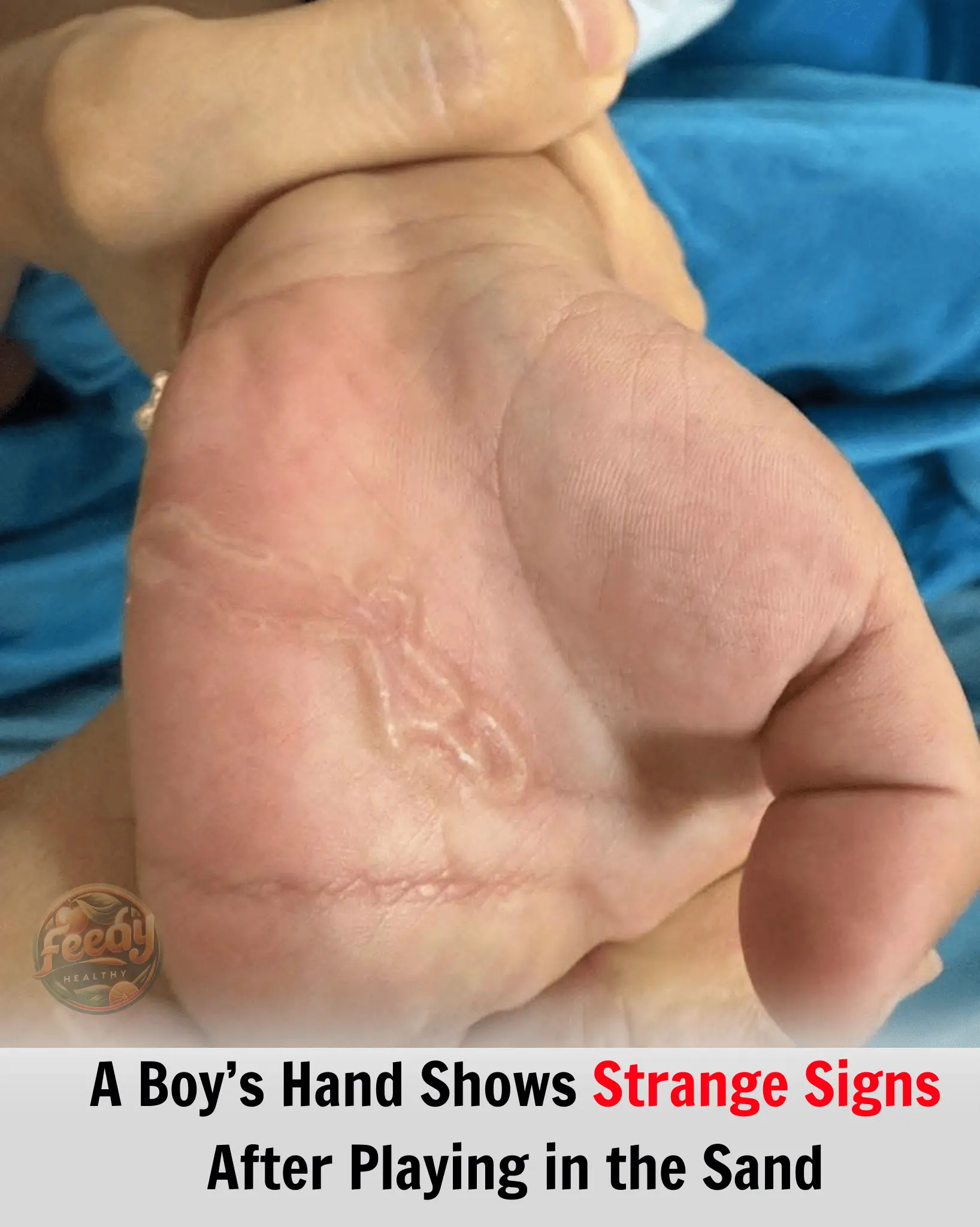
A Boy’s Hand Shows Strange Signs After Playing in the Sand
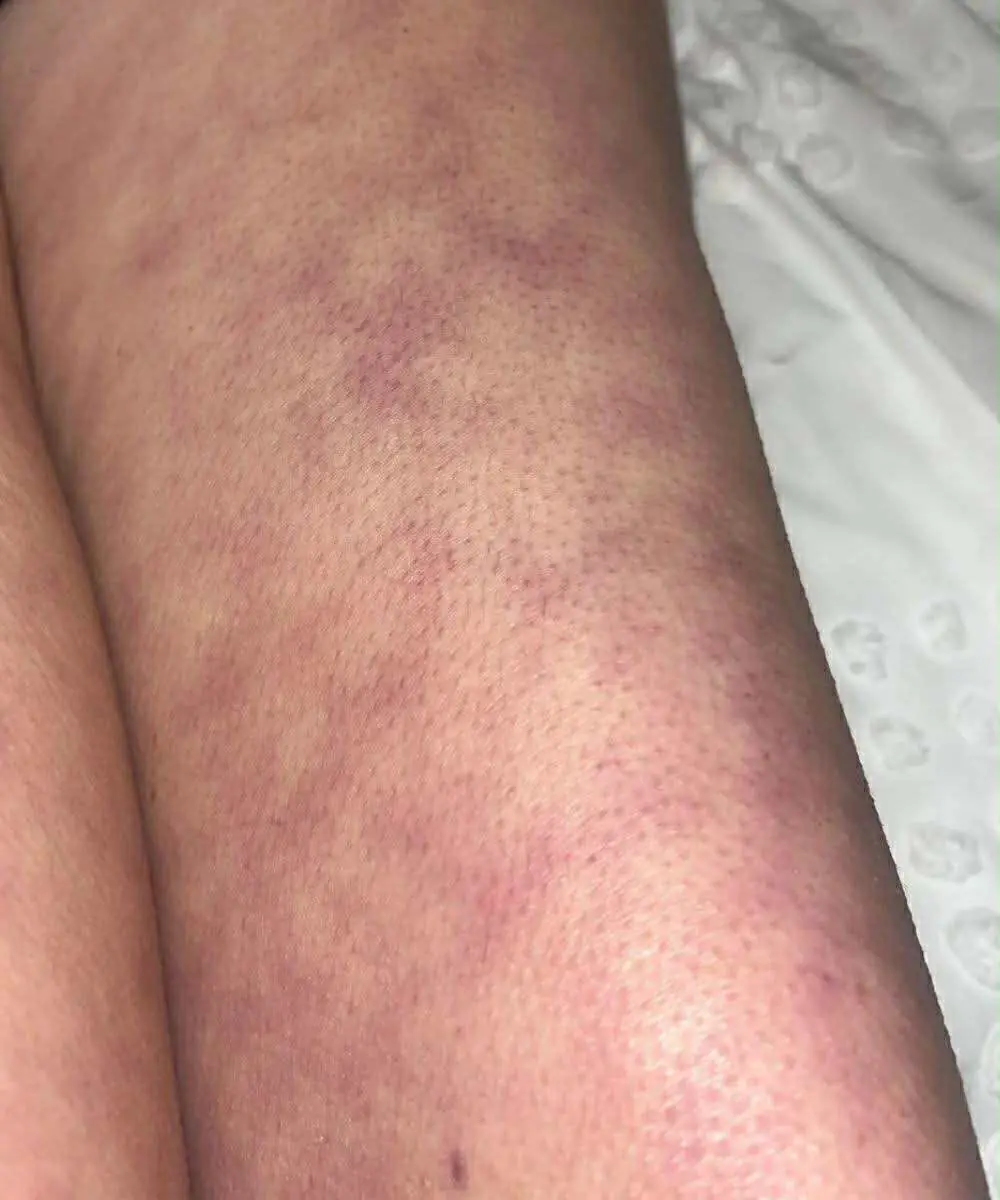
What those strange skin patterns might really mean
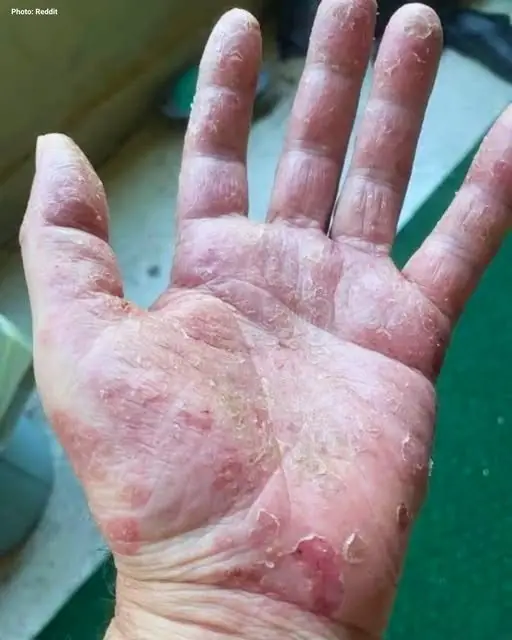
What is Hand Dermatitis?

Why Seniors Should Avoid Early Morning Baths

BE CAREFUL, if you get these bruises on your body, it means you have…

Ignite Your Energy: Natural Drink for Male Vitality
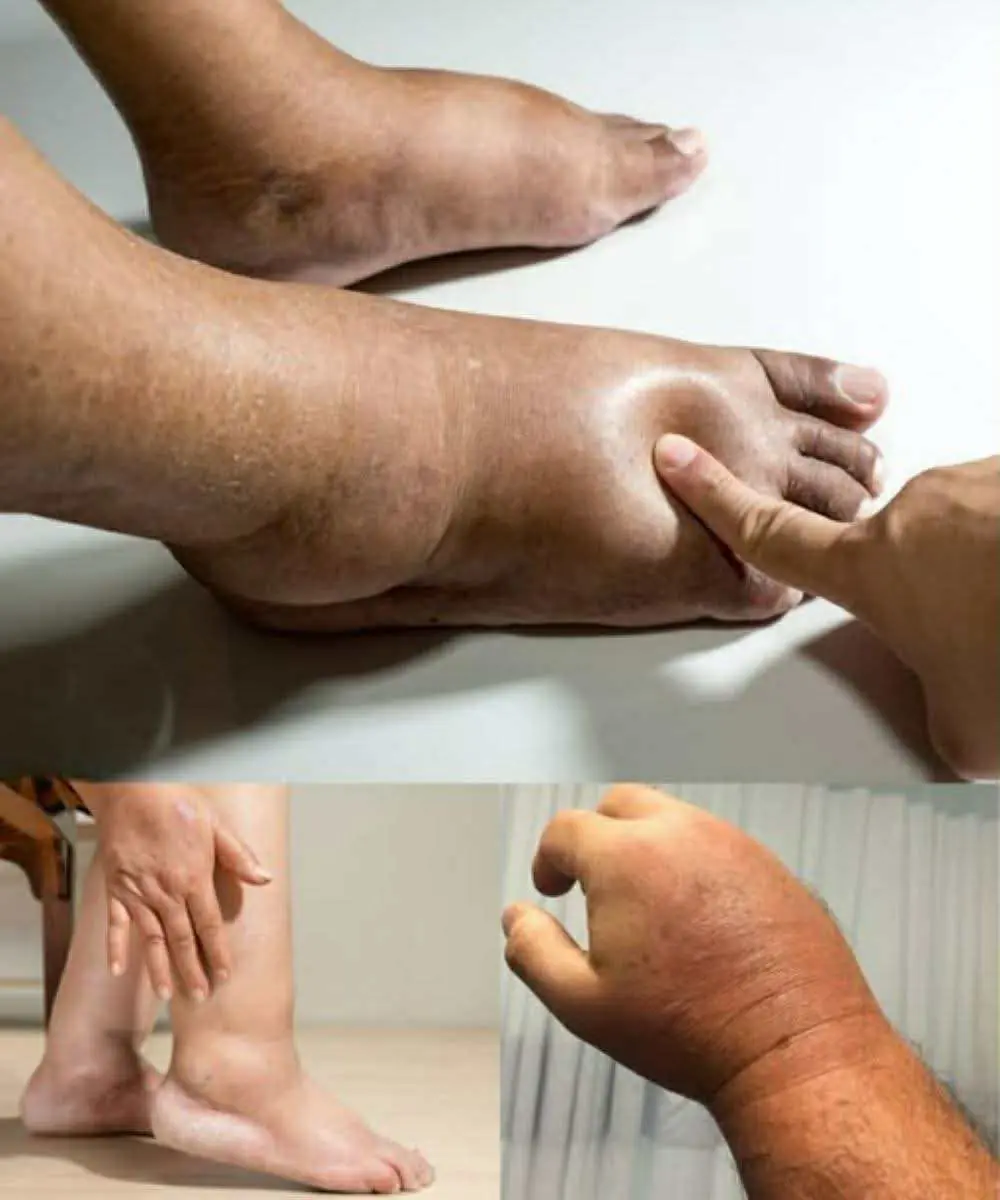
Foods that can ease swelling in hands and feet

Groundbreaking Surgery Removes Spinal Tumor Through the Eye Socket

German Scientists Develop Regenerative Gel That Could Transform Joint Treatment

WHAT HAPPENS WHEN WE TONGUE KISS…See more

High cholesterol can be inherited. Here's what you can do about it

37,368 HFMD cases logged nationwide

Why Climbing Stairs Daily Is a Small Habit With Big Health Benefits

Why Boiled Eggs Deserve a Spot on Your Breakfast Table

When Nighttime Leg Cramps Become a Concern
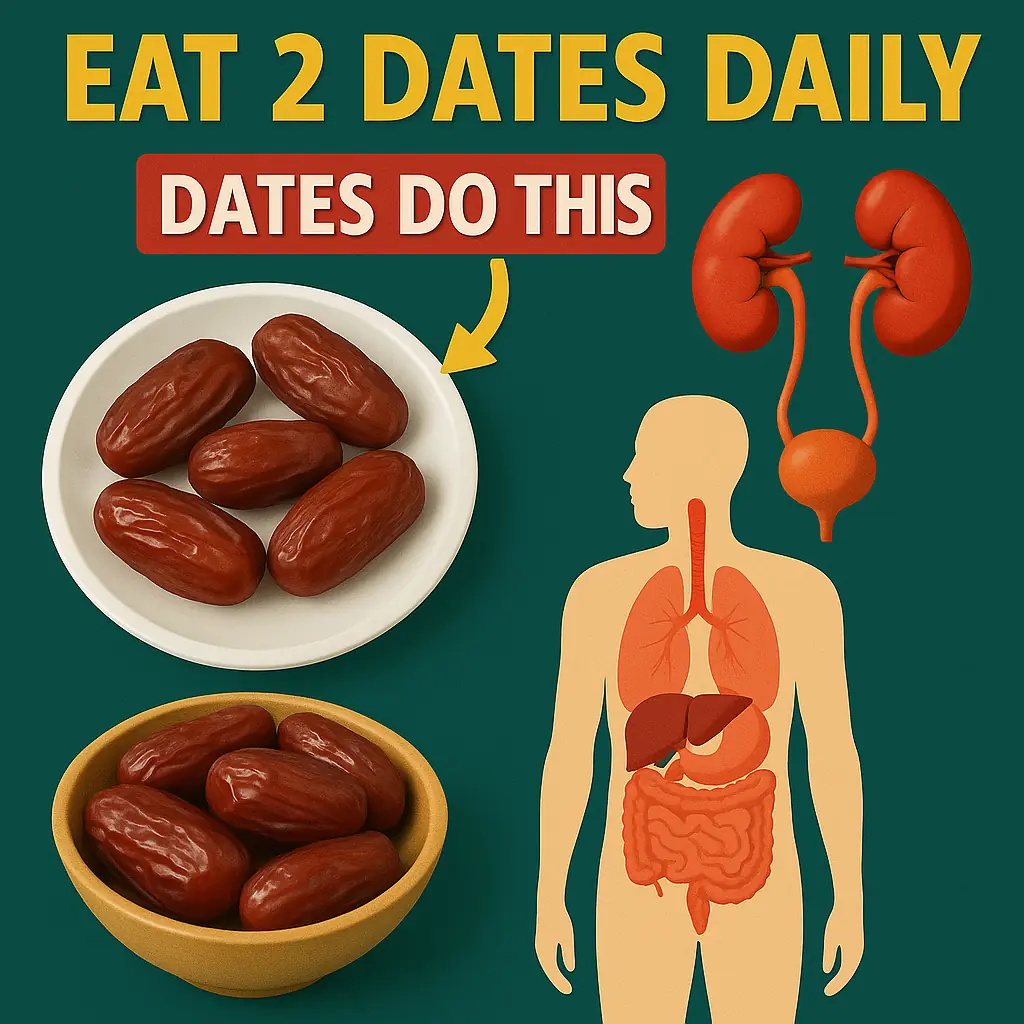
A Sweet Tradition: What Happens When You Eat 2 Dates a Day for a Month

Health Bruce Willis Moved to Specialized Care Facility as Dementia Progresses, Living Apart from His Family
News Post
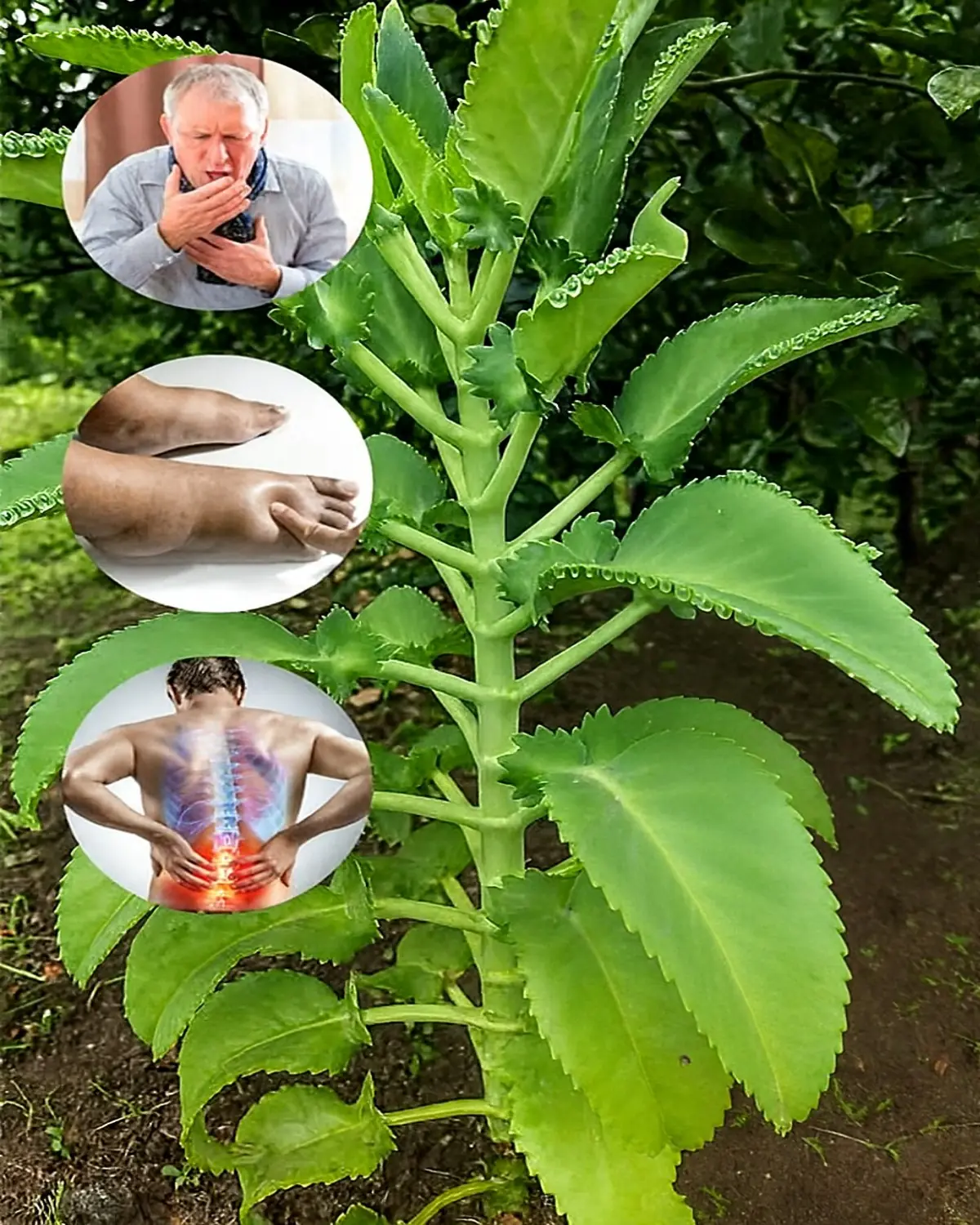
7 Hidden Treasures of Kalanchoe: Unlock Its Health Benefits

7 Ways Purslane Plant Eases Joint and Back Pain Naturally

🍎 Apple Cider Vinegar Foot Soak: Benefits, Risks & What Science Says

Beets and Kidney Health: A Natural Tip for Later Years
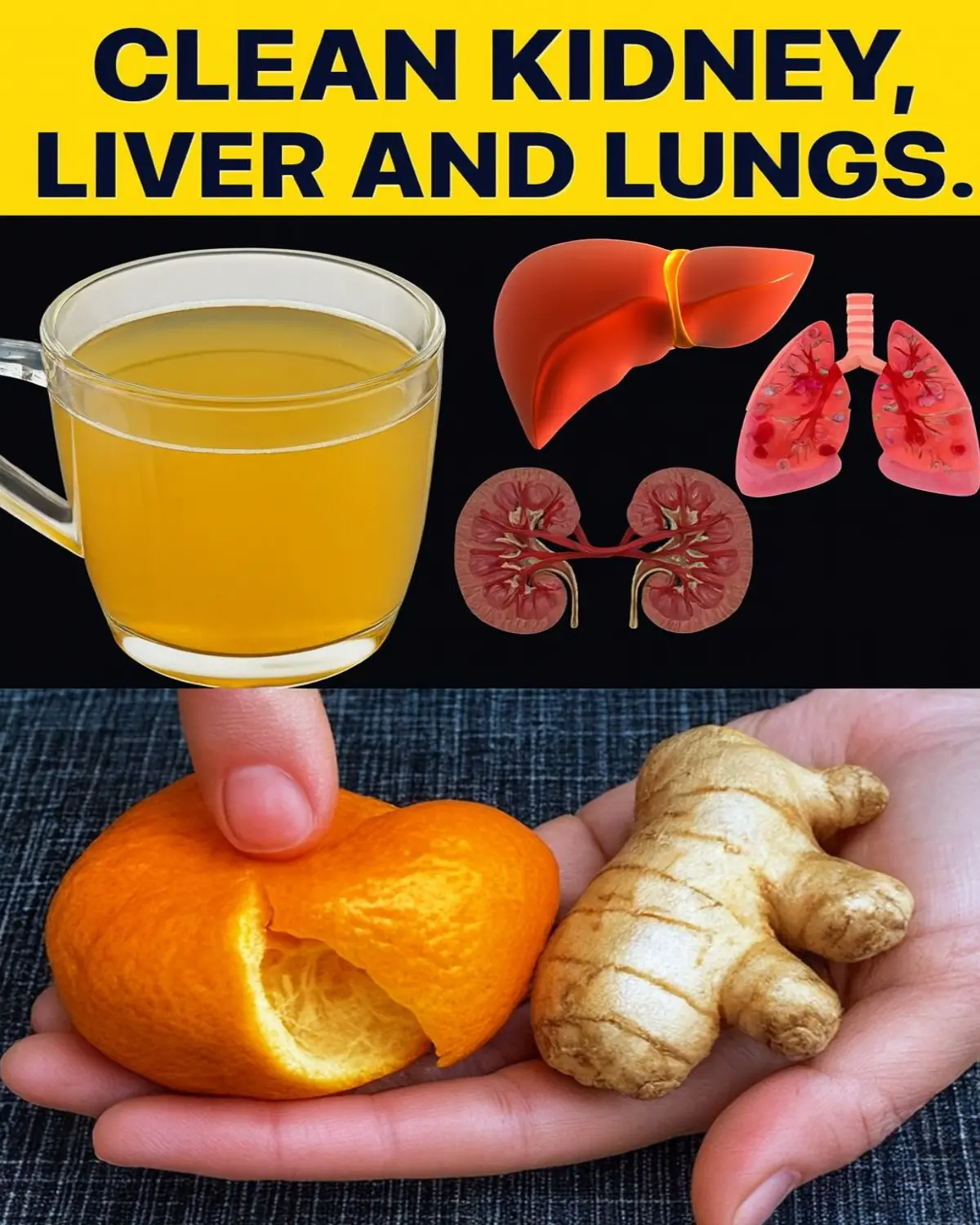
Ginger and Orange Peel Tea – A Natural Cleanse for Kidneys, Liver, and Lungs

How to Make the Perfect Pineapple, Turmeric, Carrot, and Lemon Juice for an Immune Boost

Mix Watermelon and Coffee for a Surprising Boost of Energy and Refreshment

Beetroot Juice: A Gentle Ally for Women’s Reproductive and Menstrual Health
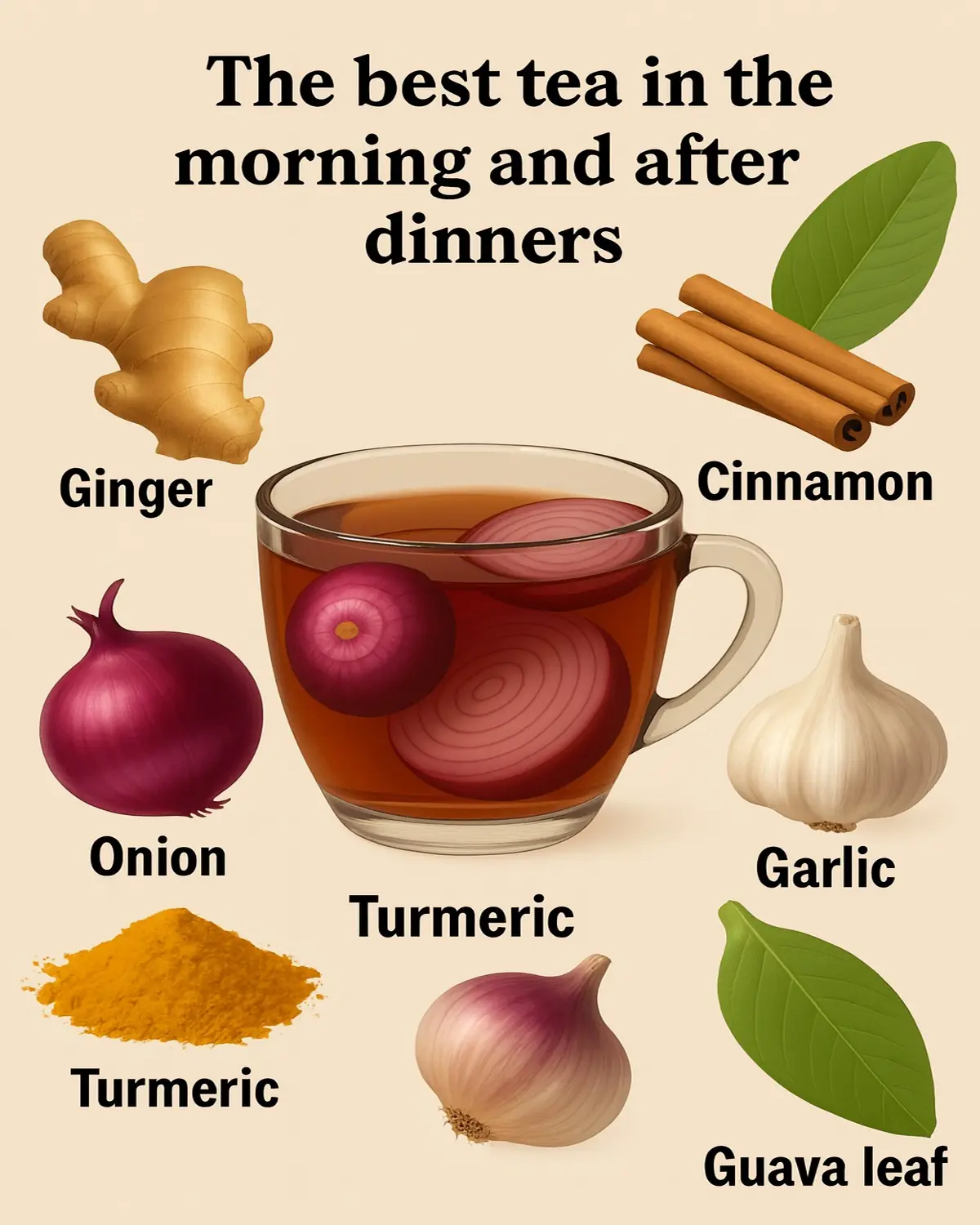
The Best Tea for Mornings and After Dinner: A Surprising Herbal Blend

The Surprising Blackhead Hack You’ll Wish You Knew Sooner: Toothpaste in Just 5 Minutes!

Unleash Your Inner Strength: Natural Ways to Boost Testosterone and Vitality After 50

The Truth About Turtle Shells: Not Just a Home, But Their Body

Plantago Major: The Humble “Weed” Packed with Healing Superpowers

Two Bananas a Day: The Simple Habit That Transforms Your Body and Mind
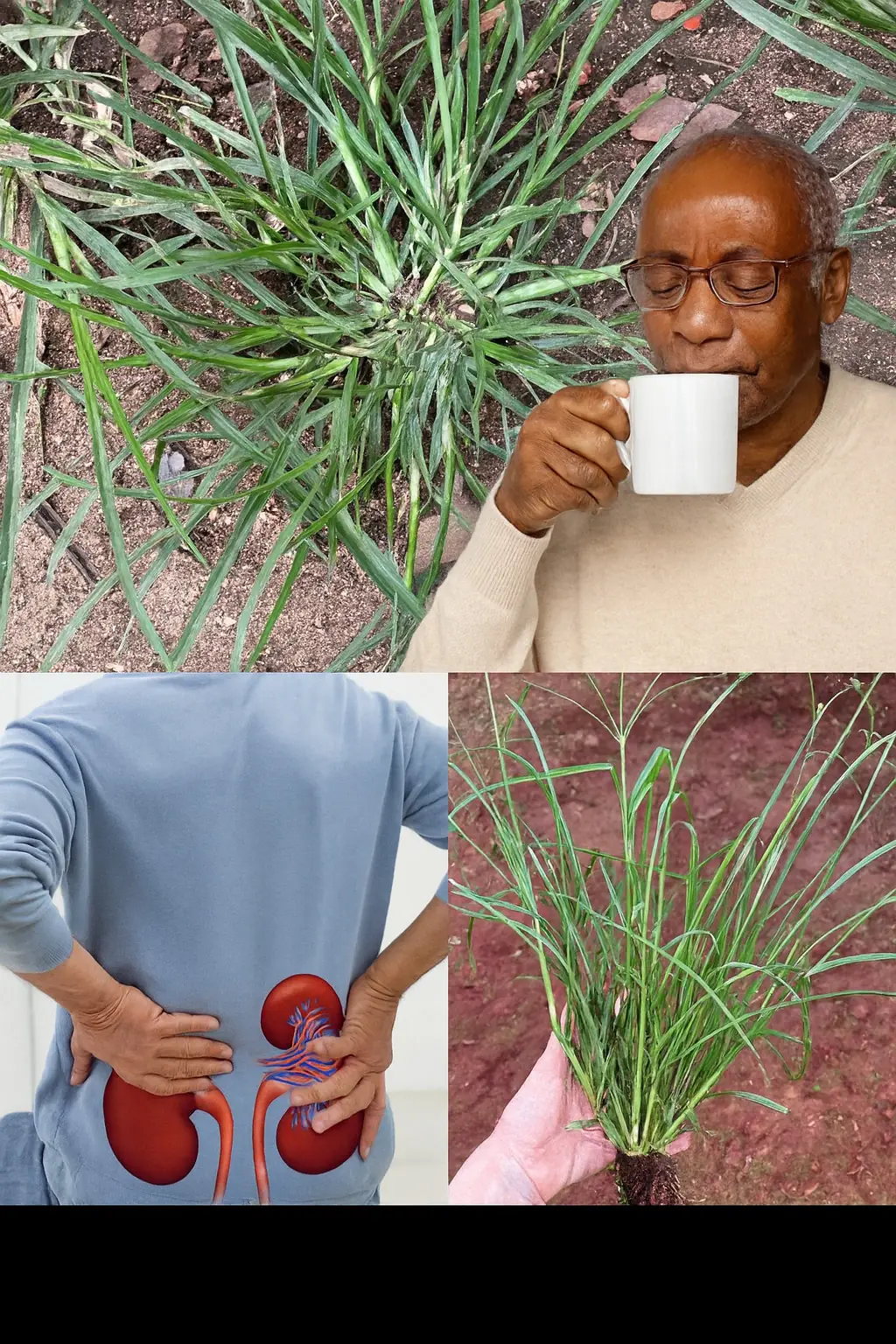
Discover the Secret Superpower of Goosegrass: Nature’s Kidney-Boosting Marvel
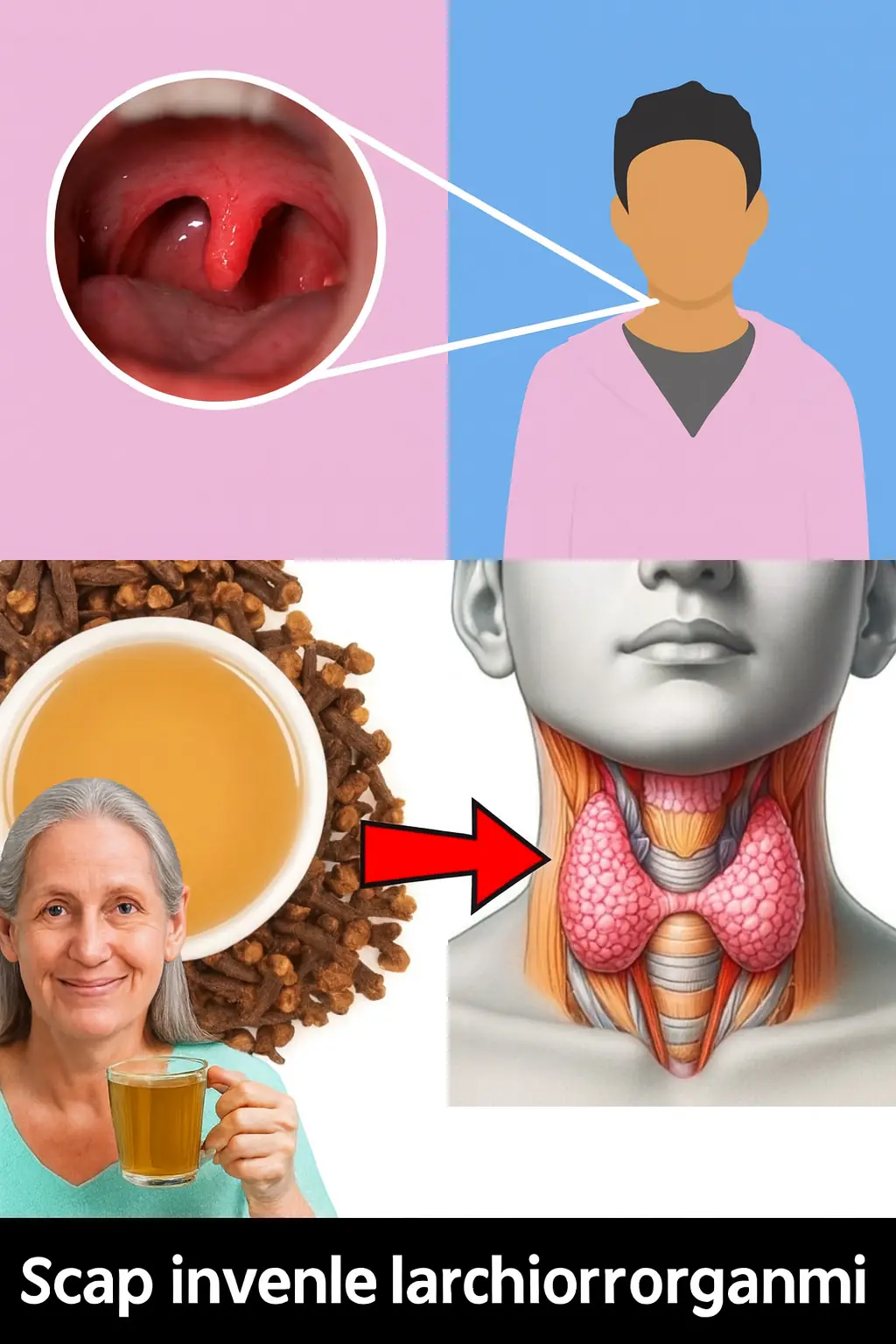
Cloves: The Tiny Spice That Conquers Sore Throats and Inflammation Naturally

Taro Root Unleashed: The Tropical Treasure That Transforms Your Health and Kitchen

Unleash Your Inner Fire: The Banana-Coffee Combo That’ll Supercharge Your Day!
